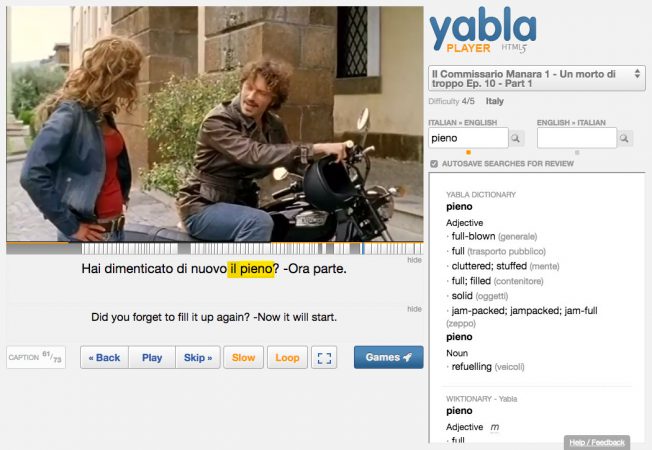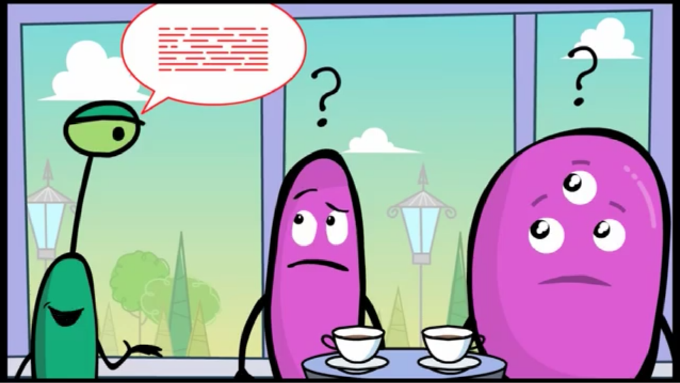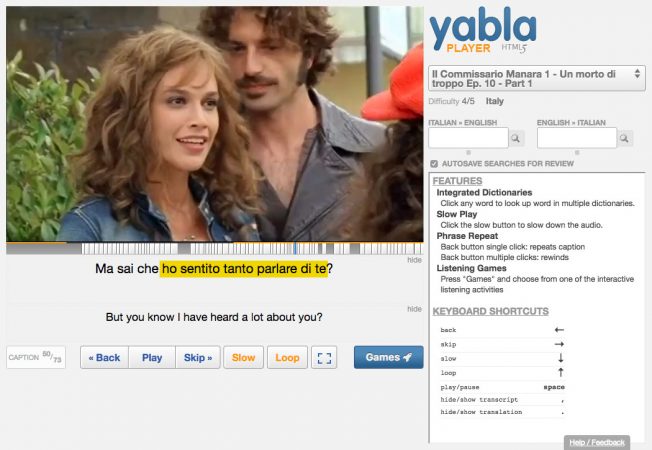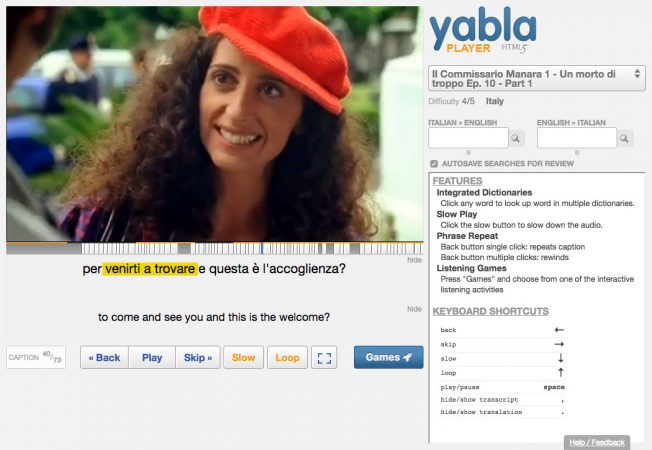There are some wonderfully useful phrases popping up in our study of the Italian TV show Il Commissario Manara: Un morto di troppo on Yabla. I think this one is essential, especially if you don’t want to run out of gas!
fare il pieno
to fill it up
or more literally
to do the full (tank)
Luca and Lara (wait, Luke and Laura? No, Luca and Lara!) are about to head off on Luca’s motorcycle to follow Brigadiere (Lara’s aunt’s dog), but… the motorcycle won’t start. And knowing Luca well, Lara says:
Hai dimenticato di nuovo il pieno?
Did you forget to fill it up again?
Lara doesn’t say fare here but it’s understood. Here are some more ways you can use this phrase (grazie a Reverso):
Mi fa il pieno per favore?
Can you fill it up for me please?
Sai quanto mi costa fare il pieno al camion?
Do you know how much it costs me to fill up the truck?
Ho dimenticato di fare il pieno a Napoli.
I forgot to fill up in Naples.
Ho fatto il pieno mentre venivo in città.
I filled up while I was on my way to the city.
Ti ho fatto il pieno.
I filled it up for you.
Vi faccio il pieno e potete prenderla subito.
I’ll fill it up for you and you can take it right now.
Faceva il pieno alla Buick anche se aveva ancora metà serbatoio.
He would fill up his Buick even if it still had half a tank.
È lì fuori che fa il pieno.
He’s out there filling up the tank.
This phrase isn’t limited to gassing up cars. You can gas up anything. Like your private jet for instance:
Colin ha fatto il pieno al suo jet a Teterboro.
Colin filled the tank of his jet at Teterboro.
Or your boat:
Devo fare il pieno alla barca, sono a secco.
I have to fill up the boat, I’m out of gas.
And by the way, notice sono a secco in that phrase. That’s a great way to say you’re out of gas. It can also mean you’re out of money. I think of it as running on empty.
And yes, you can use fare il pieno to load up on other things too.
Credo sia andato a fare il pieno di birra.
I believe he went to fill up on beer.
Il trucco è …che devi fare il pieno di carboidrati la notte prima della gara.
The trick is… you have to fill up on carbohydrates the night before the race.
Tanto per scrollarsi le ragnatele di dosso, fare il pieno di endorfine…
Just to shake off the cobwebs, fill up with endorphins…
by the way:
scrollarsi di dosso
to shake off
And now
Devo fare il pieno, sono a secco e voglio guidare fino alla spiaggia.
I have to fill up the tank, I’m on empty and I want to drive to the beach.
Buon quattro luglio a tutti!
Wait… what language is THAT?
Yabla Italian is an excellent tool to help you develop an ear for spoken Italian. (I use Yabla personally to study three different languages.) With Yabla Italian you will have:
- verbatim subtitles in Italian
- access to English subtitles when you need them
- the ability to turn the subtitles off as you improve
- quizzes to gauge how well you’re doing
And… this is especially useful… you can slow the video down! Yes! We all know how fast the Italians talk. You know a lot of the words. If you just had a little more time to process them…. Well, now you do!
If you feel your Italian is good enough to watch without Italian (or English) subtitles, this episode of Il Commissario Manara is also available for free from RAI. You will need to fast forward to exactly 48 minutes for the start of Un morto di troppo.







